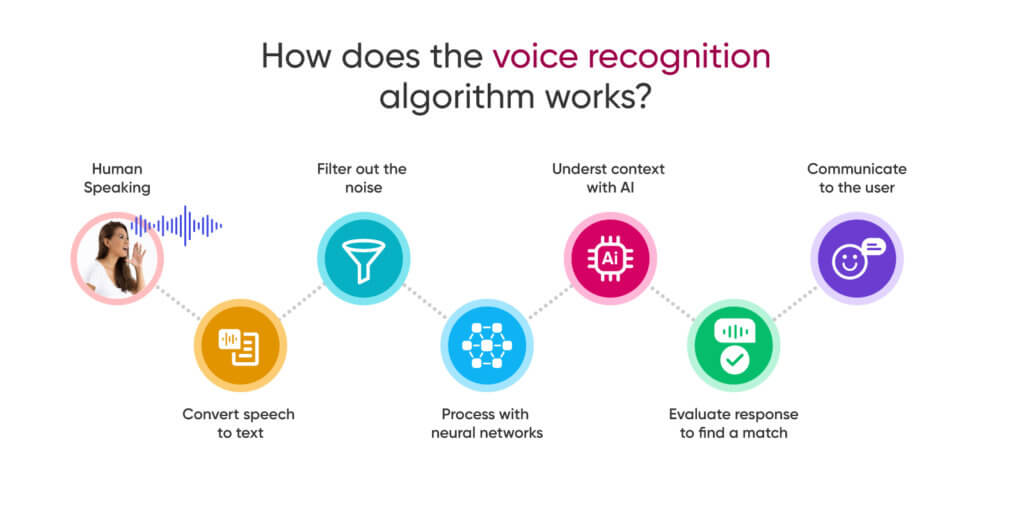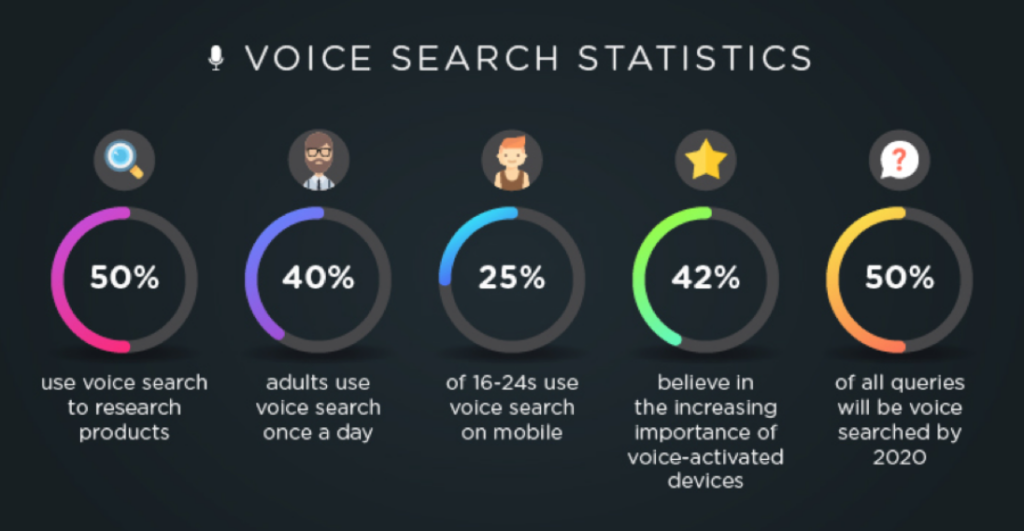With the rapid advancement of technology, voice search has emerged as a popular and convenient way for users to interact with their devices. People are increasingly relying on voice assistants like Siri, Google Assistant, and Alexa to find information, make inquiries, and perform various tasks hands-free. As a result, voice search optimization has become a crucial aspect of digital marketing, enabling businesses to tap into this growing trend and enhance their online visibility. In this blog post, we will delve into the workings of voice search optimization and explore how you can optimize your website to capture the attention of voice search users.
Understanding Voice Search Optimization :
Voice search optimization, also known as voice engine optimization (VEO), involves optimizing your website’s content to make it more accessible and attractive to voice search queries. Unlike traditional text-based search, where users enter keywords into a search engine, voice search relies on natural language queries spoken by users. This shift in search behavior necessitates a different approach to search engine optimization (SEO) to ensure your website appears in relevant voice search results.

Key Factors In VSO:
- Conversational and Long-Tail Keywords: When optimizing for voice search, it’s important to focus on conversational keywords and long-tail phrases. Voice queries are typically more conversational and tend to mimic natural speech patterns. Conduct keyword research to identify long-tail keywords and incorporate them naturally within your content, including in headings, subheadings, and paragraphs. Anticipating the questions users may ask and providing concise, informative answers can also enhance your chances of appearing in voice search results.
- Featured Snippets: Voice assistants often rely on featured snippets or direct answers to provide users with quick and concise responses. Aim to structure your content in a way that answers commonly asked questions concisely. Use bullet points, numbered lists, and headers to make it easier for voice assistants to extract the information and present it as a featured snippet.
- Mobile-Friendly and Fast-Loading Websites: Since voice searches are frequently performed on mobile devices, it is imperative to ensure that your website is mobile-friendly and optimized for quick loading times. Mobile optimization not only improves the user experience but also signals search engines that your website is responsive and user-centric, positively impacting your search rankings.
- Local SEO: Voice search is often utilized for local searches, such as finding nearby restaurants, stores, or services. Optimizing your website for local SEO is crucial in capturing these voice search queries. Include location-specific keywords, create and optimize Google My Business listings, and encourage customer reviews to improve your local search visibility.
- Structured Data Markup: Implementing structured data markup, such as Schema.org, helps search engines understand the context of your content more effectively. By marking up your website’s data, including contact information, reviews, and business details, you make it easier for search engines to identify and present relevant information in voice search results.

Conclusion:
As voice search continues to gain popularity, voice search optimization has become an essential component of digital marketing. By optimizing your website for voice search, you can increase your chances of appearing in voice search results and capture the attention of voice search users. Remember to focus on conversational keywords, provide concise answers, optimize for mobile devices, leverage local SEO strategies, and implement structured data markup. Embracing voice search optimization will not only improve your website’s visibility but also enhance the overall user experience, driving more traffic and potential customers to your business. Stay ahead of the curve and unlock the power of voice search optimization today.
